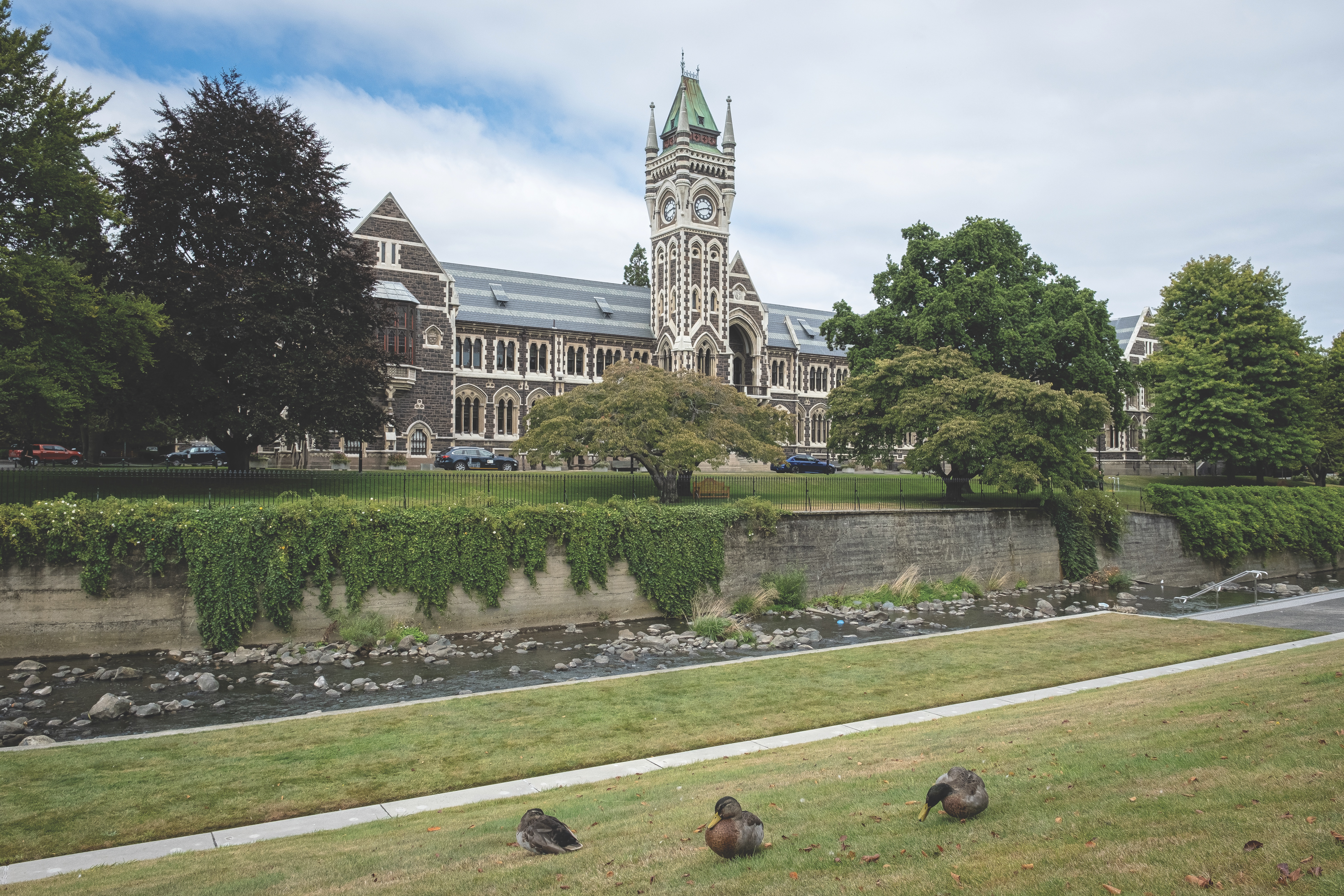In a bid to stay financially afloat and prevent further job cuts, the Otago University Council (the bigwigs) have agreed to raise tertiary fees by the maximum amount of 6% for 2025. The motion passed almost unanimously, with one abstention from Madame Prez Keegan Wells, the student rep at the table.
Undergrads can expect an increase in fees ranging from $393 (for BAs) to $1043 (Med). The University also agreed* on an increase of activity fees by 7% to $1152, which goes towards things like UniPol, Student Health, and career advice.
It was with a “heavy heart” that Vice-Chancellor Grant Robertson brought the proposal to the table. “This is not a paper that brings me any joy. As a university, we do care deeply about the fact [that] the cost of living pressures are acute for many of our students,” the Otago Daily Times reported him saying at the meeting. Robertson himself spearheaded a Clocktower protest against rising tertiary fees in 1993*.
A key factor behind the decision was something called the ‘Annual Maximum Fee Movement’ (AMFM). The AMFM sets limits on fees that educational institutions can charge their students in order to keep learning affordable while allowing universities to have enough money to stay afloat. For 2024, the AMFM was 2.8%. But after the financial shit-show universities have been stuck in, the Government approved a 6% max increase for 2025.
The ODT reported Robertson saying, “If we don’t do this, our pleas for increased funding might not be welcomed by the government.” In the past couple years, the university has laid off hundreds of staff and aggressively down-sized to plug financial holes. Even further job cuts could also be expected if the motion didn’t pass.
Both Keegan and Pols Rep Liam White (soon to be 2025 President) agreed that, in their opinion, the university had made the right call. Liam said, “Keegan was put in an impossible position. I think the fee increase, while unpopular and certainly unwelcomed, was the right choice.” Both student politicians reiterated that the bigger picture is the Government being stingy on investments in the education of the next generation. “It’s coming off the back of years and years of underfunding by the government on tertiary education,” said Keegan.
Hands of universities across the motu seem to have been forced, but there’s little doubt that the decision will come at the expense of students already counting their pennies to afford the bare necessities. Keegan summed it up by saying, “It just sucks. No one wants to have their fees go up, especially by 6%.”
“The continuing increase of fees are a vicious cycle for students, especially when most rely on jobs and Studylink to be able to study,” commented Welfare & Equity Rep Tara Shepherd. She noted that most students will be on minimum wage if they work to support their studies (itself something students are urged to treat as a full-time job).
In terms of what the cost-of-living crisis looks like for the everyday student, Tara said that the “standard student is paying extortionate rental prices to be near campus in a not very fit to standard living space”. “Our equity groups also have an increasing burden when it comes to pressure on financials,” she said, noting the need for Māori and Pasifika to set aside money in the event of tangi to support their families, and disabled tauira who may need to juggle doctor and specialist bills on top of other living and academic costs.
Some may argue that the student loan scheme could alleviate some of the financial pressures felt by the fee increase, however Keegan countered this with two points: “One: you still have to pay it back, it’s not like it’s free money. And two: there are groups of people who do not take out loans, and those are usually Māori, Pasifika, and first-in-family for universities. And that’s who this will be affecting the most.”
The news comes off the back of a recent University announcement of increased financial support of $45 million in scholarships for students. Robertson himself pledged a chunk of his salary each year for seven new scholarships. Commenting on this, Keegan went on to say, “And so I do appreciate the fact that Grant is donating a portion of his salary to these groups of people [...] It doesn’t help solve everything, obviously, but it’s a good start.”



